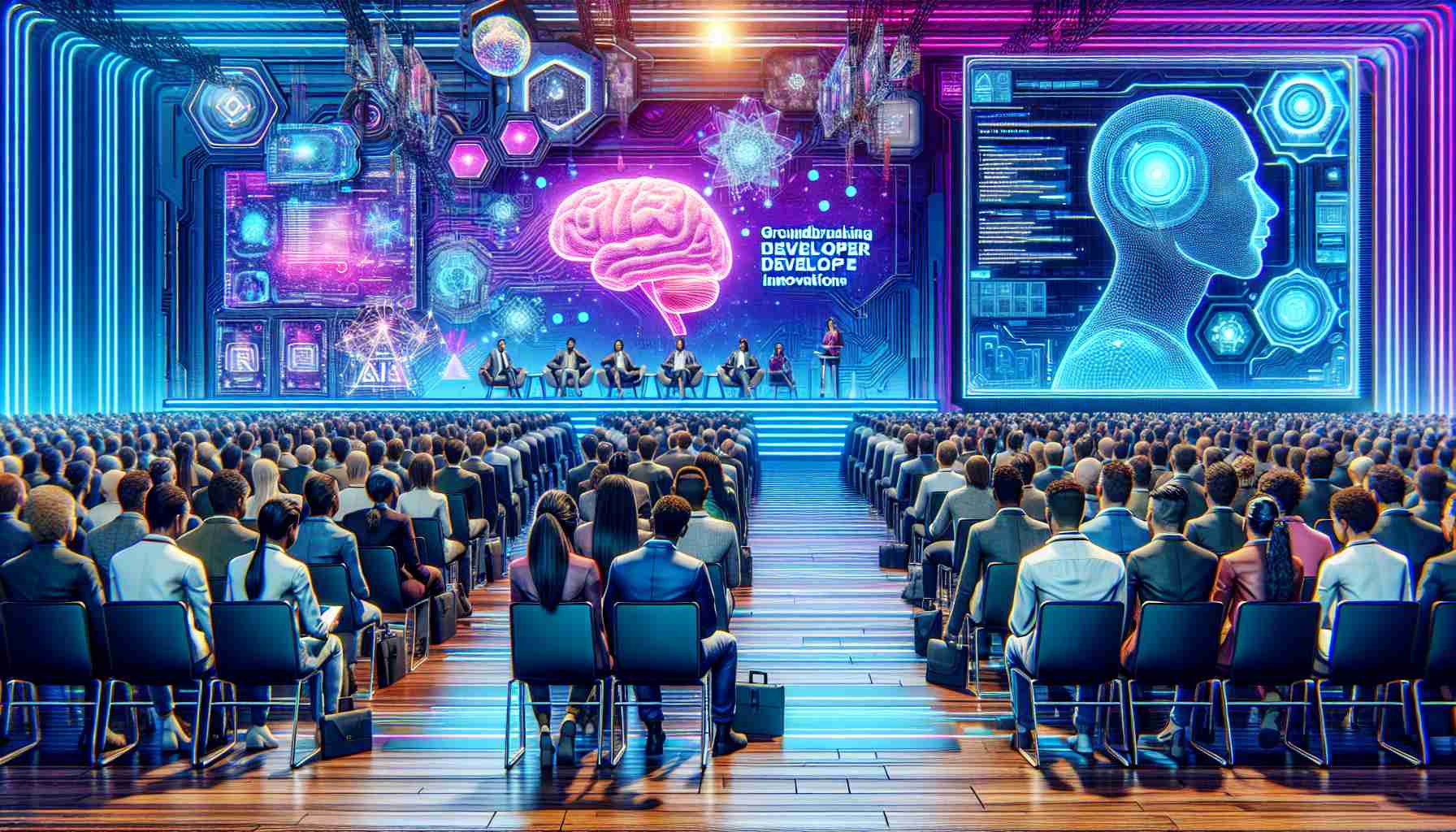Google’s Latest Leap into AI: Announcing New Creative Tools and Assistants
Google’s reputation as a pioneer in technology innovation was solidified at the annual Google I/O developer conference. The company presented a spectacular suite of AI-powered tools, headlined by revolutionary video and image creation technologies alongside advancements in their search engine, which is now embracing generative AI.
The Dawn of Project Astra
A major highlight was the introduction of Project Astra, envisioned as the next-generation AI assistant. Utilizing a smartphone camera or smart glasses, this AI has the capacity to perceive, comprehend, and interact with its environment. Showcased by Sir Demis Hassabis of DeepMind, the technology adeptly recognized items in a live demonstration, offering on-the-fly creative input and even keeping track of personal belongings.
Revitalizing Internet Search
The company is not stopping there; Google is also amplifying its search capabilities through widespread implementation of AI in the United States, following successful tests in the UK. This marks an adventurous step into what Sundar Pichai, Google’s CEO, has named the most thrilling epoch of internet search history, complete with AI prowess simplifying intricate multi-query searches and interpreting video prompts.
Innovation Meets Responsibility in Creativity Tools
Additionally, Google unveiled Veo, a cutting-edge video production tool transforming text commands into elaborate videos, alongside Imagen 3 for AI-generated imagery. Partnering with industry luminaries like Wyclef Jean and Donald Glover, Google’s commitment to responsible AI advancement remains strong, with initiatives like SynthID watermarking ensuring authenticity in AI-produced content.
Faced with the rapid evolution of AI and the discussions regarding its regulation, Google’s new announcements exhibit a balance of innovation and responsible development. The tech giant is setting the stage for a new era of user interaction with technology, synergizing creative expression and AI efficiency.
Key Questions & Answers:
What is Project Astra?
Project Astra is a next-generation AI assistant that uses a smartphone camera or smart glasses to perceive, understand, and interact with its environment. In a live demonstration by Sir Demis Hassabis from DeepMind, it showed capabilities like identifying objects and providing creative input.
How is Google changing its search engine with AI?
Google is integrating AI more extensively into its search engine, enhancing the ability to handle complex multi-query searches and interpreting video prompts more effectively. This expansion follows successful tests in the UK.
What tools did Google introduce in the realm of creative content?
Google introduced Veo, a cutting-edge video production tool that interprets text commands to create videos, and Imagen 3 for generating AI-crafted imagery. These tools are designed to foster innovation in creative content production.
Key Challenges or Controversies:
– Regulation and Ethics: The rapid advancement of AI technologies brings forth pressing questions about regulation, ethics, and ensuring responsible use to prevent misuse of AI or biases in decision-making.
– Privacy Concerns: Project Astra and similar AI innovations that use cameras and sensory data could raise privacy concerns, necessitating a careful approach to data handling and user consent.
– Authenticity in AI-produced Content: With the capability of AI to generate convincing images and videos, distinguishing between what is real and AI-generated becomes harder, raising concerns about misinformation and the need for authenticity, which Google addresses with solutions like SynthID watermarking.
Advantages and Disadvantages:
Advantages:
– Enhanced User Experience: AI advancements are making technology more interactive and user-friendly, particularly for complex tasks.
– Creativity Boost: The innovative tools like Veo and Imagen 3 can amplify creative capabilities, making video and image production more accessible.
– Efficiency Improvements: AI-infused search engines can streamline the seeking of information, saving users time and effort.
Disadvantages:
– Job Displacement: AI tools can automate tasks traditionally done by humans, leading to concerns about job displacement in certain industries.
– Dependence on Technology: As AI becomes more entrenched, there could be an over-reliance on technology, potentially reducing human skills in certain domains.
Related information about Google’s AI initiatives and technologies can typically be found on their official website, Google.
The source of the article is from the blog guambia.com.uy
